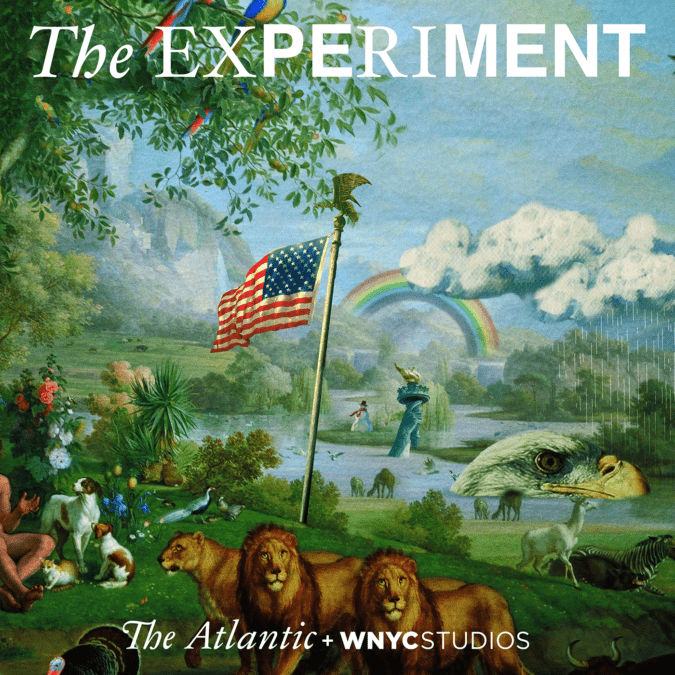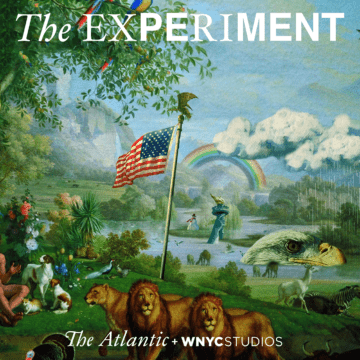From the time she was a little girl, Marilyn Vann knew she was Black and she was Cherokee. But when she applied for citizenship in the Cherokee Nation as an adult, she was denied. What followed was a journey into a dark part of Cherokee history that not many people know about and even fewer understand: Vann and her family are descended from people who were enslaved by the Cherokee Nation. They were freed after the Civil War, but that wasn’t the end of their struggle. In 1866, the Cherokee Nation made a promise—a promise of citizenship for these “freedmen” and their descendants. But in the years that followed, that promise would be at the center of a battle between civil rights and sovereignty.
Related Viewing: Will Congress Fulfill a 184-Year-Old Promise?
A transcript of this episode will soon be made available. Please check back.
Be part of The Experiment. Use the hashtag #TheExperimentPodcast, or write to us at theexperiment@theatlantic.com.
This episode was produced by Tracie Hunte, with help from Gabrielle Berbey and Alyssa Edes. Editing by Jenny Lawton and Julia Longoria. Fact-check by Will Gordon. Sound design by Joe Plourde with additional engineering by Jen Munson. Transcription by Caleb Codding. Special thanks to Rebecca Nagle, Bryan Pollard, Sterling Cosper, and Gregory Smithers.
Music by Parish Council (“Marmalade Day”), Keyboard (“Freedom of Movement,” “Over the Moon,” “Ojima,” “Being Darrell,” and “Only One”), and Water Feature (“Richard III (Duke of Gloucester”). Additional music by Alexander Overington. Additional audio from Bloomberg, Global News, and Fox News.



